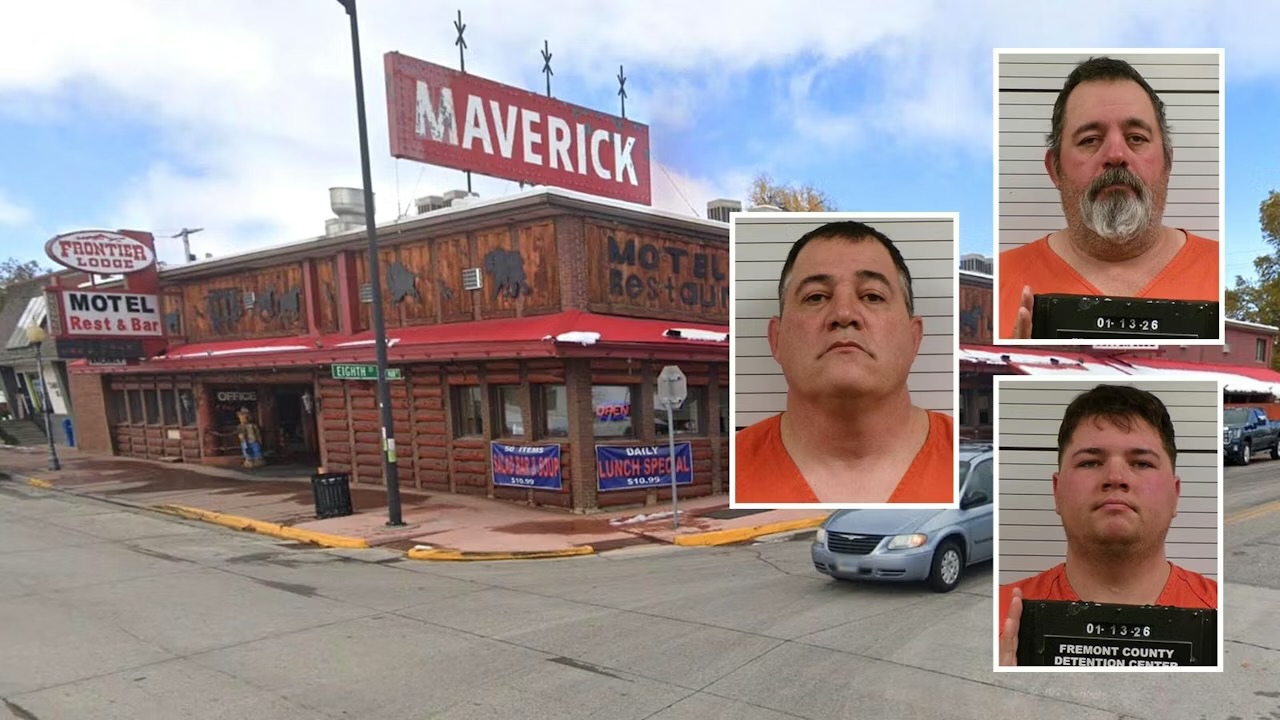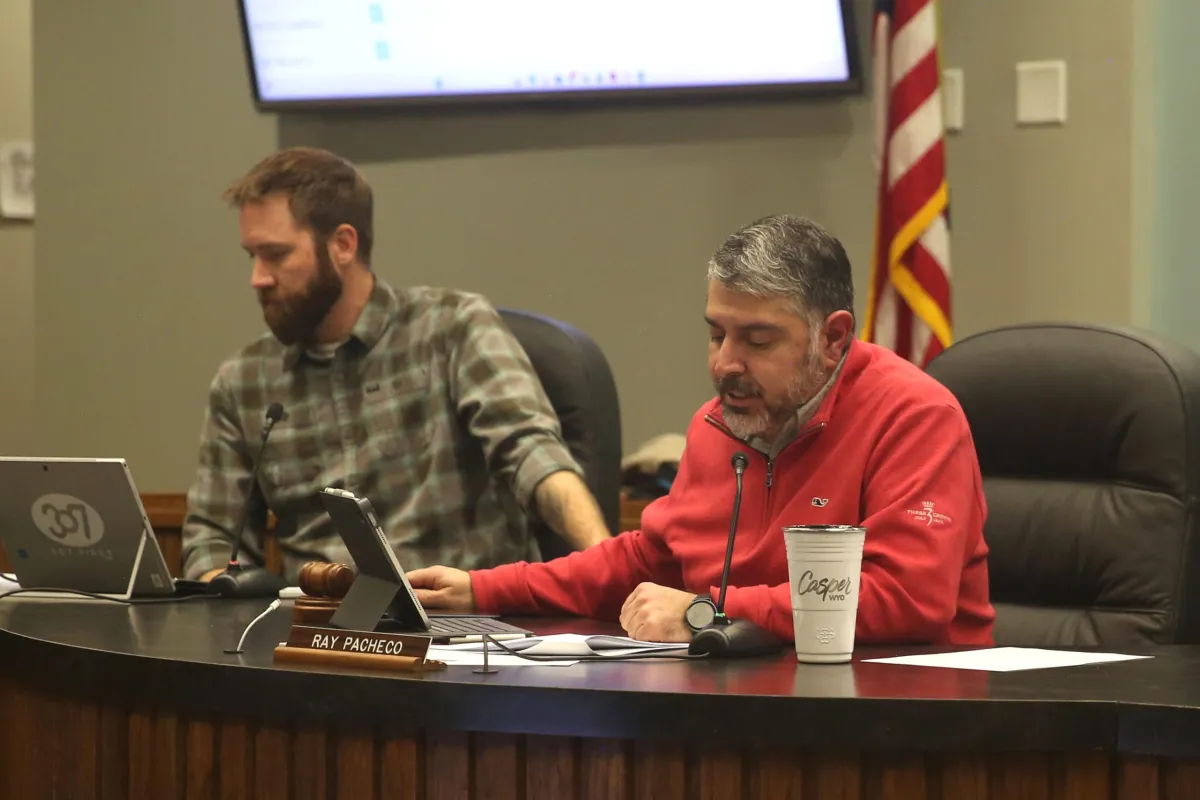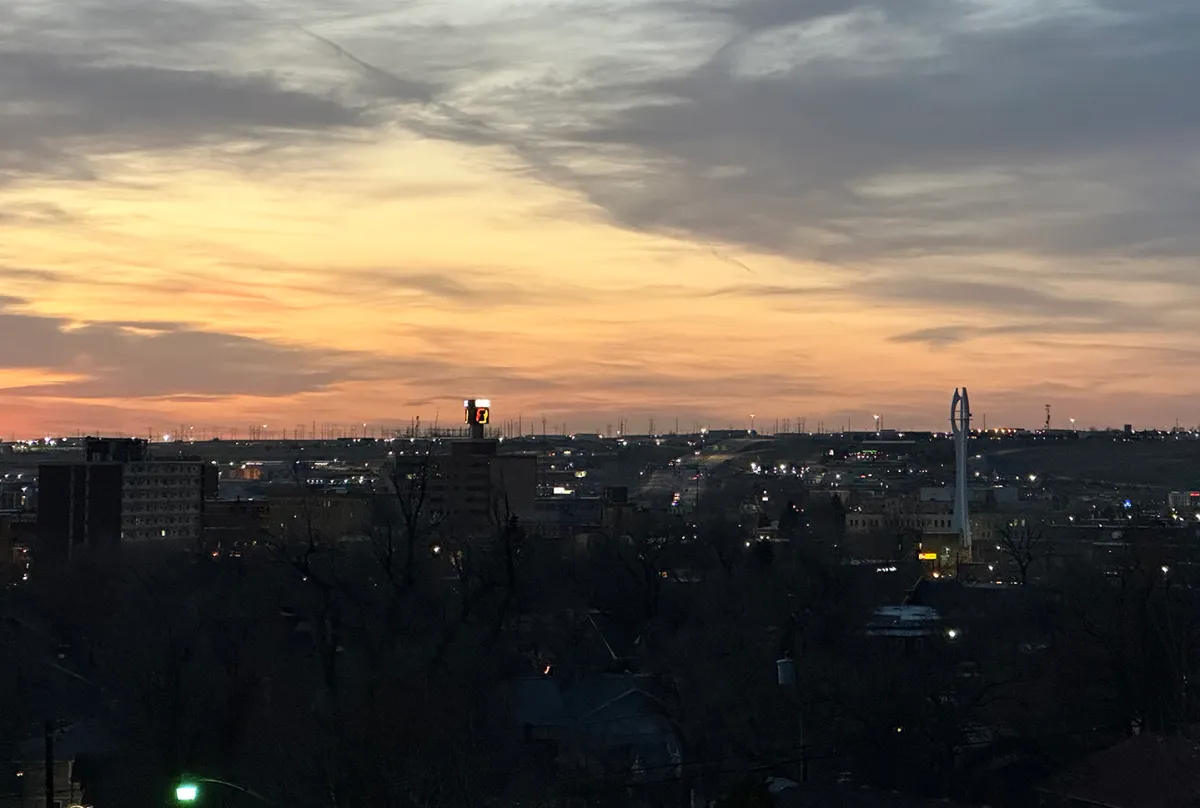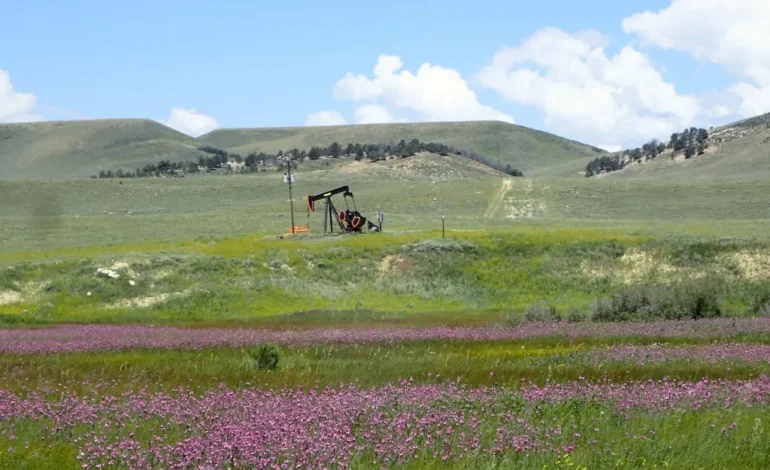A newly introduced provision in the US Senate’s budget reconciliation bill could result in the sale of up to 2.5 million acres of federal public land across 11 western states, including Wyoming, WyoFile reports.
The proposal, led by Sen. Mike Lee (R-Utah), aims to raise federal revenue and increase housing availability in the West, but it has drawn swift opposition from conservation and public access advocates.
Sen. Lee’s plan, released Wednesday evening, calls for selling between 0.25% and 0.5% of US Bureau of Land Management (BLM) land and 0.5% to 0.75% of US Forest Service lands. The estimated proceeds—between $5 billion and $10 billion over a decade—would primarily go toward funding the federal budget. Additional funds would support deferred maintenance on public lands and assist local governments adjacent to sold parcels.
While supporters frame the proposal as a way to ease housing shortages and reduce federal land holdings in the West, critics argue it risks eliminating lands currently used for hunting, outdoor recreation, and traditional activities. Opponents say the proposal bypasses established public processes that typically govern federal land sales and could result in long-term losses for local communities.
“Public lands need to stay in public hands,” said Joey Faigle, president and CEO of Wyoming-based Muley Fanatic Foundation. “Selling off our lands without consulting the communities who use them will risk permanently losing the places we use for hunting, outdoor recreation, and so much more.”
Notably, iconic federal lands—such as national parks, monuments, wildlife refuges, and other specially designated areas—are exempt under Lee’s plan. Lands with existing leases or claims, including grazing and mineral rights, are also off-limits for sale. However, the proposal’s scope is broad, allowing presidential appointees—the Secretaries of the Interior and Agriculture—to choose which parcels would be sold, in consultation with state and local governments and tribes. The language does not require a focus on affordable housing development.
In Wyoming, details remain unclear about which parcels might be affected. Public access organizations and state residents are awaiting more information as the Senate continues to debate the broader reconciliation bill.
Sen. Cynthia Lummis (R-WY) expressed general support for reevaluating federal land ownership but did not comment directly on Lee’s proposal.
“We must have honest conversations about smart, strategic land management,” she said in a statement.
Sen. John Barrasso’s office declined to comment, and Rep. Harriet Hageman supported similar land-sale language in a House version of the bill earlier this year.
Conservation groups such as the National Wildlife Federation and The Wilderness Society condemned the proposal, arguing it would undermine a century of public land stewardship and offer minimal impact on the federal deficit. Critics also pointed out that the estimated $10 billion in revenue would be dwarfed by the $2.4 trillion increase in the deficit projected under the full budget bill, driven by tax cuts and spending priorities championed during the Trump administration.
“Mandating the fire sale of up to two-and-a-half million acres of public land… threatens wildlife and clean water, and runs directly against widespread public opinion,” said David Willms of the National Wildlife Federation.
While BLM currently follows a public, deliberative process for land sales—often reinvesting proceeds to improve public land access—Lee’s plan would bypass many of those procedures.










The latest news in your social feeds
Subscribe to our social media platforms to stay tuned